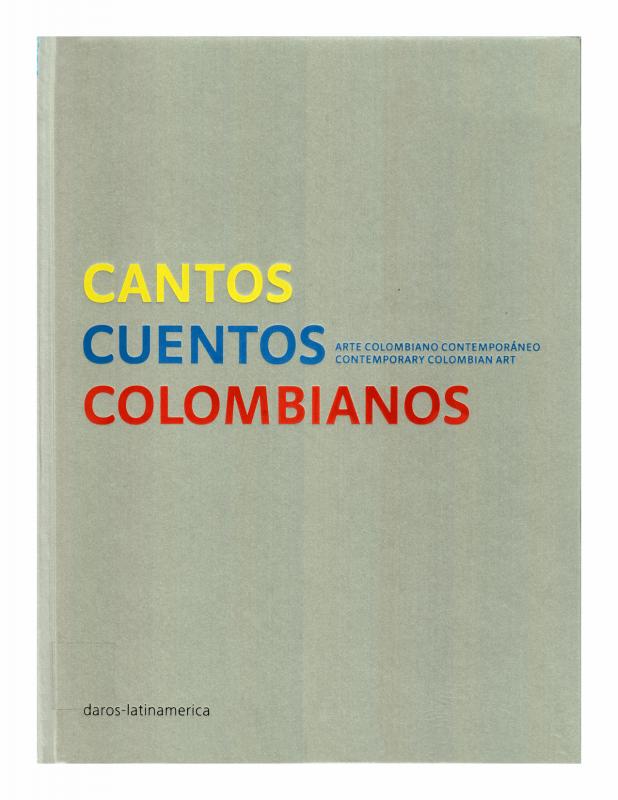This interview is featured in a book on the work of Colombian artist Doris Salcedo (born 1958) by Phaidon publications, which specializes in contemporary artists. One of the first interviews ever given by Salcedo, it covers her career from the late 1970s until the late 1990s. The book also features an interview by critic Charles Merewether, a text by North American art critic Nancy Princenthal, as well as fragments of texts and poems chosen by Salcedo herself.
This interview by Argentine art critic and curator Carlos Basualdo (born 1964) not only provides key concepts for interpreting Salcedo’s works but also sheds light on their theoretical basis. Indeed, Salcedo’s formulation of the social and political meaning of her art is in keeping with that of other international contemporary artists, as is her interest in current issues like displacement, exile, and the loss of loved ones, experiences that had recently been addressed in writings on the Holocaust.
The interview provides rich information about Salcedo’s life and thought, as well as the position from which she makes her work: she is a member of a “third world” society and at the “center” of artistic operations that revolve around the experiences of victims of violence in Colombia.
Complementary to this text are earlier interviews by Santiago Villaveces [see “Art and Media-tion: Reflections on Violence and Representation”, doc. no. 1134483] and Hans-Michael Herzog [Doris Salcedo”, doc. no. 864431].

